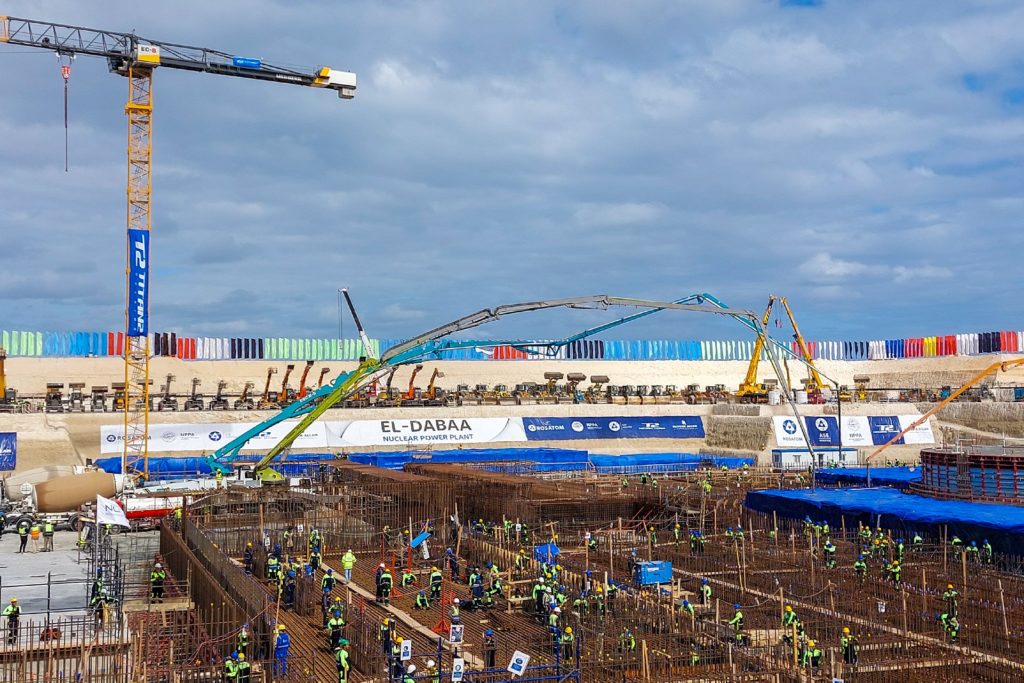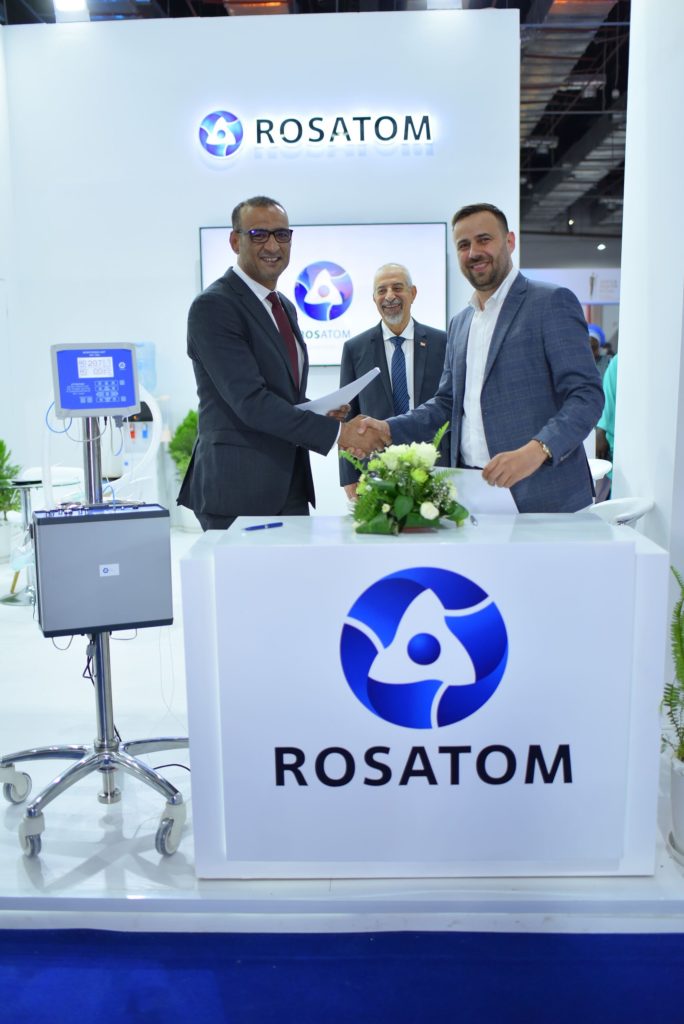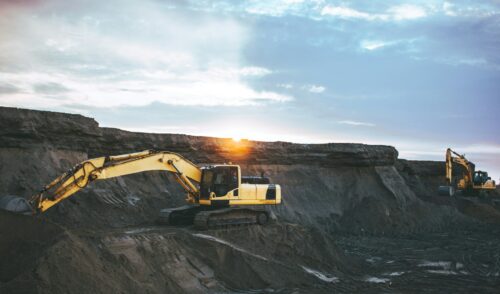
Energy Security and Technological Sovereignty
back to contentsThe early 2024 saw another key milestone passed by El Dabaa NPP as the first concrete was poured for Unit 4. Read more about this event in the News column of the current issue. This article is a collection of expert comments on the event. Rosatom also signed another contract in February to supply fuel for the Egyptian research reactor and took part in business and cultural events in Egypt.
The beginning of the main construction stage at El Dabaa Unit 4 was in the focus of attention of the Russian and Egyptian expert communities. The experts praised the Russia-Egypt cooperation in the nuclear field. Dr. Ali Abdel Nabi, professor and a former deputy chairman of the Nuclear Power Plants Authority, stressed in an interview with Al Bawaba news website that innovative VVER 1200 reactors were designed to the highest international standards of nuclear safety.
Dr. Karim Al-Adham, a nuclear safety expert, added that reactors of this design reduced the probability of operator error and reliance on automation when a malfunction occurs. They also feature a longer service life (up to 80 years) and prevent the possibility of core meltdown accidents.
Dr. Ali Abdel Nabi explained that the El Dabaa project relied to a great extent on local content: by the start of construction works at Unit 4, the share of Egyptian businesses in the project had reached 35 %.
“Along with ensuring energy security, the El Dabaa project will contribute to the technological sovereignty of our nation. As Egyptian companies are gaining more experience in working on the nuclear project that meets the strictest international safety and quality standards, they are improving the quality of their services and products, which gives them access to international markets. The ultimate goal of El Dabaa is to achieve national technological security,” Dr. Ali Abdel Nabi emphasized.
Alexander Putilov, professor at Rosatom’s backbone university MEPhI, said that the first concrete pouring meant all the relevant permits had been obtained, all the regulatory procedures and preparations had been completed, and all the established international requirements for peaceful uses of nuclear energy had been met. “El Dabaa is the first Russian-designed nuclear power plant to be built on the African continent. In fact, this project opens the African market for Rosatom, and other African countries will closely watch the progress of this promising project,” Alexander Putilov said.
Fuel supply contract
In early February, Novosibirsk Chemical Concentrates Plant (NCCP, part of Rosatom) and the Egyptian Atomic Energy Authority (EAEA) signed a contract for the supply of low-enriched nuclear fuel components to Egypt.
The shipments are governed by a long-term agreement that provides for the export of nuclear fuel for Egypt’s second experimental training research reactor (ETRR 2). The components to be supplied include low-enriched uranium and parts made of aluminum alloys and aluminum powder. The next shipment is scheduled for 2024.

Besides, another set of components will be delivered to Egypt in 2024 pursuant to the contract signed in 2022.
ETRR 2 installed in Egypt’s Nuclear Research Center in Inshas is used to carry out research in particle physics and material science and produce radioisotopes.
Business and cultural events
In late February, Rosatom participated in the 13th International Conference on Nuclear Sciences and Applications organized by the Egyptian Society of Nuclear Sciences and Applications (ESNSA) and Egyptian Atomic Energy Authority (EAEA). The conference is held every four years.

Rosatom representatives spoke about the company’s products and solutions in spheres like medicine and agriculture. Rosatom offers the market 16 types of popular medical equipment of its own design and production, as well as an integrated approach to implementing medical infrastructure facilities. Rosatom produces 11 radiopharmaceuticals for the diagnosis, treatment, and theranostics of oncological and cardiovascular diseases. The company is also building Europe’s largest radiopharmaceutical production plant in Russia. Rosatom’s portfolio of products includes multipurpose centers for processing products with ionizing radiation. These technologies, being safe for human health, help the processing of agricultural products. As a result, the shelf life of food products increases several times.
“The opening of our flagship office in Egypt marks a significant milestone in collaboration with Egyptian partners, namely within the field of medicine. Last year we signed an agreement with Egyptian company “Med Pharma Group” aimed at integration of nitric-oxide into medical practice in Egypt based on the “Tianox” device, one of the most advanced and unique nitric oxide therapy units for adults and children. We are confident that this collaboration will contribute to Egypt’s medical sector further development”, said Murad Aslanov, Director of Rosatom Country Office in Egypt.
In late January, Rosatom took part in the 55th Cairo International Book Fair, the largest and oldest one in the Arab World. For two days, Rosatom and Al Ain Publishing House were distributing a book of questions and answers about nuclear power, telling visitors about the principles of nuclear power plant operation, advantages of nuclear technology and nuclear science. In the Diwan bookstore, representatives of the Russian nuclear corporation used virtual reality to show visitors what a regular Russian-designed NPP looks like.
“Rosatom strongly believes that demystifying the stereotypes about nuclear energy and raising awareness about nuclear technologies comes through an open dialog with people,” said Murad Aslanov.




